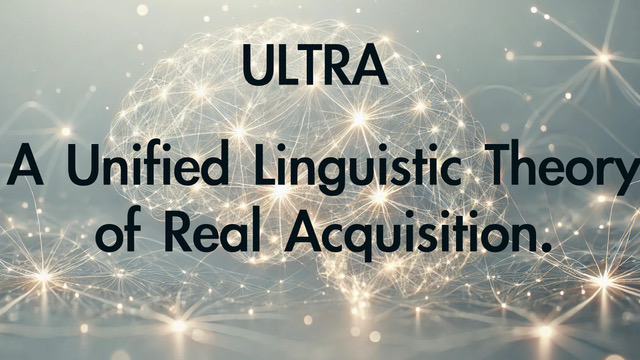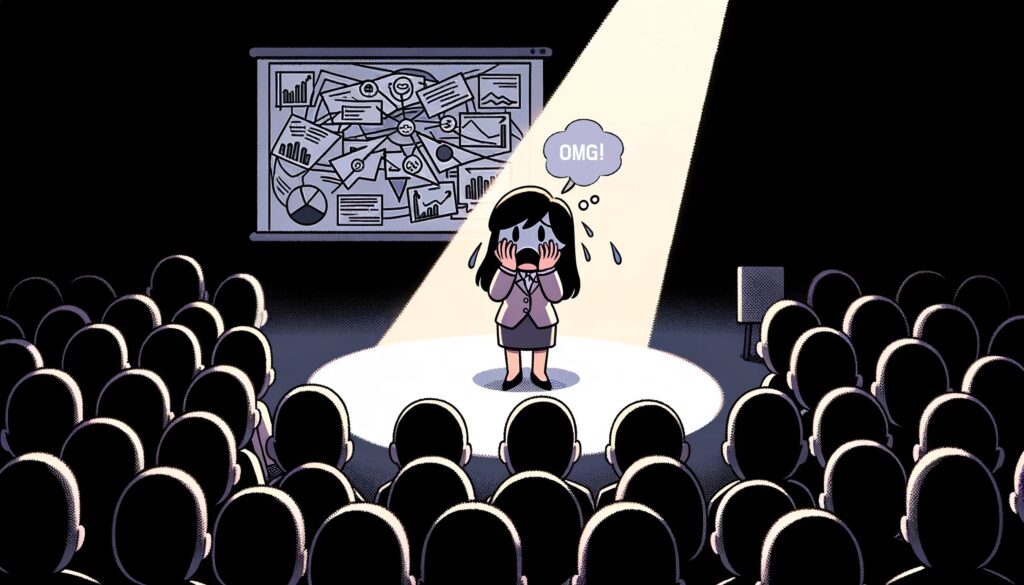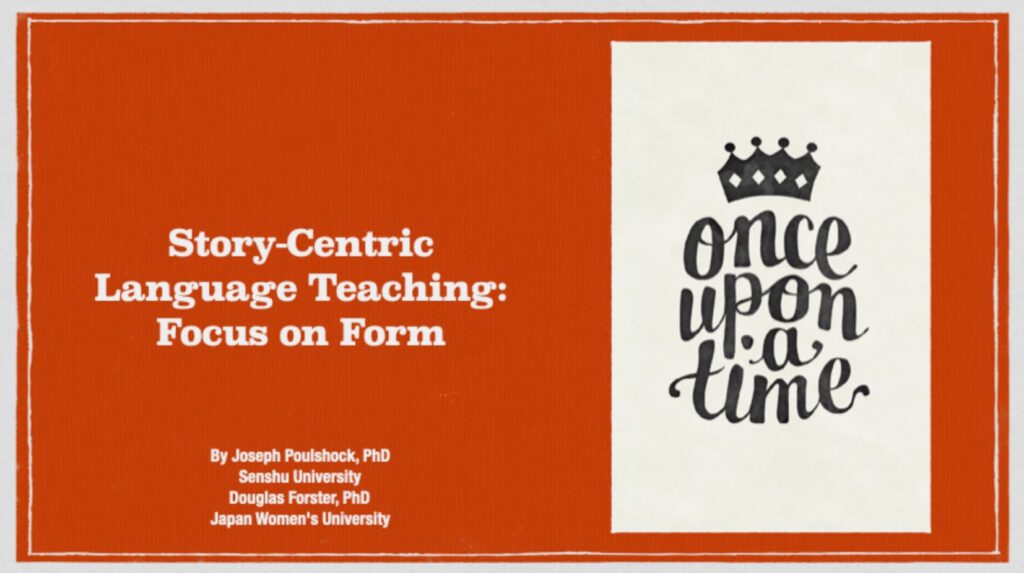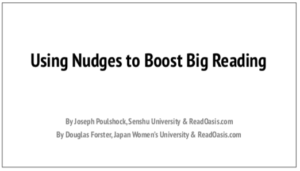In this talk, we unveil ULTRA — A Unified Linguistic Theory of Real Acquisition. Language learning isn’t just about exposure or practice—it’s about harnessing the power of structured, evidence-based principles. ULTRA integrates the best insights from linguistics and cognitive science, showing how meaningful Input (I), Story-logic (S), Addictive Learning (A), Negotiation (N), Conscious Noticing (C), and Big Linguistic Data (D) lay the foundation for acquisition. But true mastery emerges through Output (O) and is strengthened by Fluency (F), Language Focus (L), Retrieval (R), Mixing (M), Spaced Practice (P), Generation (G), and Elaboration (E). We explore how this framework aligns with Paul Nation’s Four Strands—balancing input, output, fluency, and language focus—to create a complete roadmap for language success. Whether you’re a teacher or a learner, ULTRA offers a research-backed guide to real acquisition and long-term fluency.
Four Strands Activities for Language Learners
Note: this is a rough draft of ULTRA. Please feel free to comment, make suggestions, or criticize.




